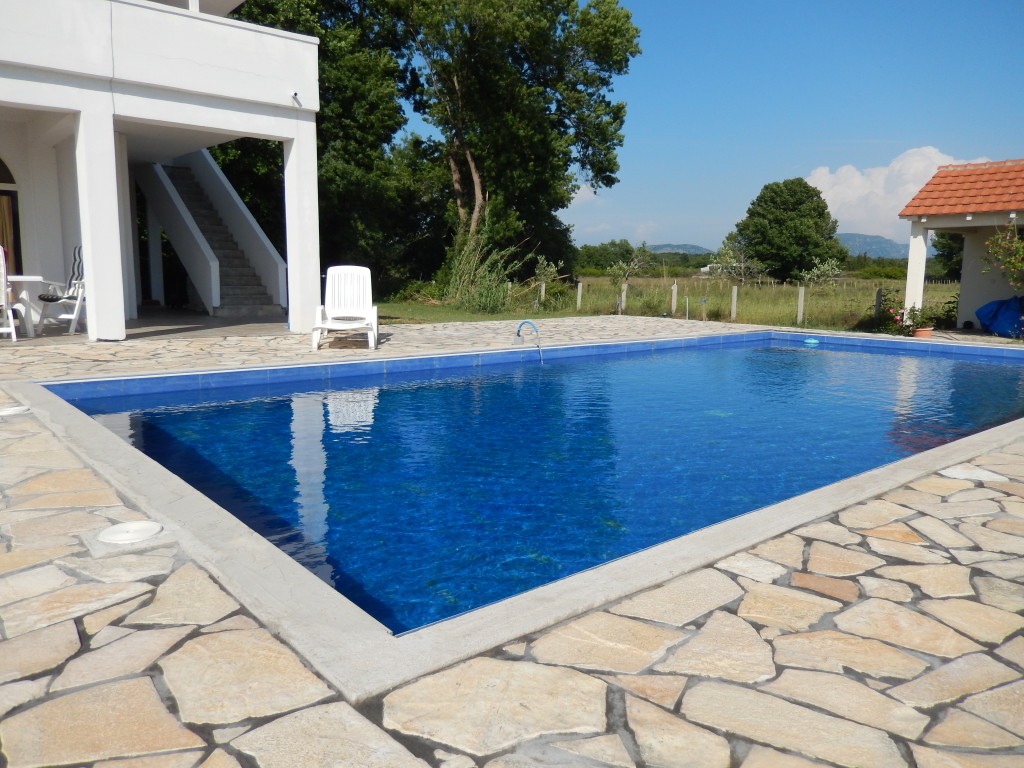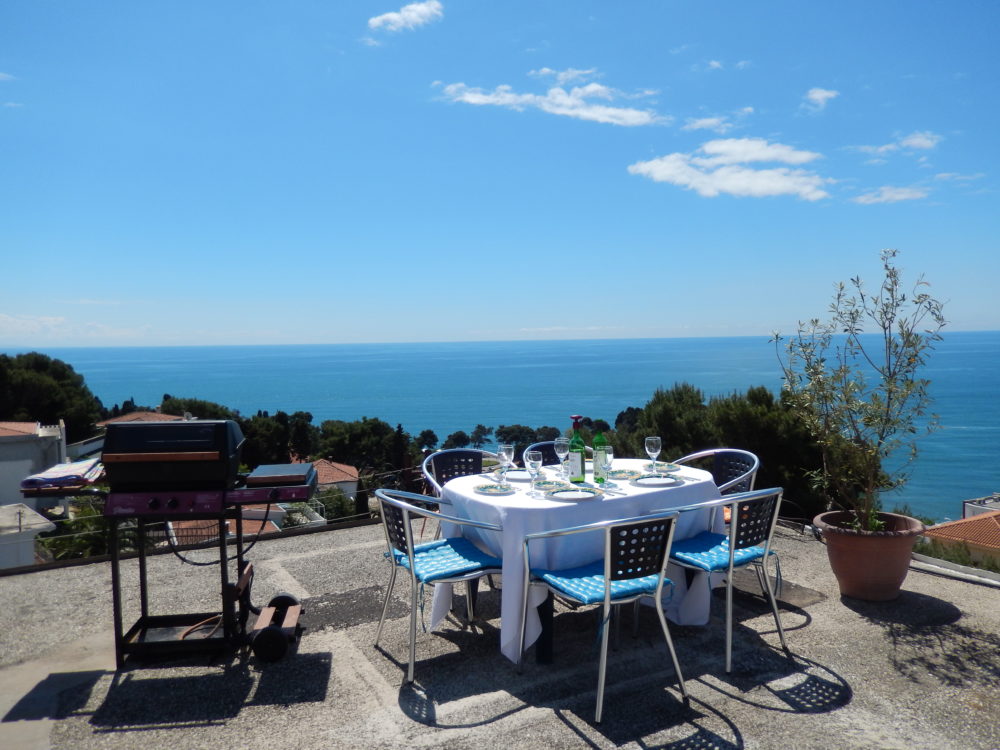Considering that the coronavirus has messed up your plans for Ulcinj summer 2020 holidays, there seems to be hope that you will still be able to go on vacation this summer, according to the latest news.
Coronavirus dies quickest in sunlight and humidity, US scientists say Government researchers found ultraviolet rays had a potent impact on the pathogen, offering hope that its spread may ease over the summer.
The new coronavirus is quickly destroyed by sunlight, according to new research announced by a senior US official on Thursday, though the study has not yet been made public and awaits external evaluation. William Bryan, science and technology adviser to the Department of Homeland Security secretary, told reporters at the White House that government scientists had found ultraviolet rays had a potent impact on the pathogen, offering hope that its spread may ease over the summer.

All cleaned and sterilized against COVID -19
“Our most striking observation to date is the powerful effect that solar light appears to have on killing the virus, both on surfaces and in the air,” he said. “We’ve seen a similar effect with both temperature and humidity as well, where increasing the temperature and humidity or both is generally less favorable to the virus.” But the paper itself has not yet been released for review, making it difficult for independent experts to comment on how robust its methodology was.
It has long been known that ultraviolet light has a sterilising effect, because the radiation damages the virus’s genetic material and their ability to replicate.
A key question, however, will be what the intensity and wavelength of the UV light used in the experiment was and whether this accurately mimics natural light conditions in summer.
Bryan shared a slide summarising major findings of the experiment that was carried out at the National Biodefence Analysis and Countermeasures Centre in Maryland.
It showed that the virus’s half-life – the time taken for it to reduce to half its amount – was 18 hours when the temperature was 21 to 24 degrees Celsius with 20% humidity on a non-porous surface.
This includes things like door handles and stainless steel.
But the half-life dropped to six hours when humidity rose to 80 percent – and to just two minutes when sunlight was added to the equation.

All cleaned and sterilized to highest standards against coronaviruses.
Previous work has also agreed that the virus fares better in cold and dry weather than it does in hot and humid conditions, and the lower rate of spread in southern hemisphere countries where it is early fall and still warm bear this out Australia, for example, has had just under 7,000 confirmed cases and 77 deaths – well below many northern hemisphere nations.
The reasons are thought to include that respiratory droplets remain airborne for longer in colder weather, and that viruses degrade more quickly on hotter surfaces, because a protective layer of fat that envelops them dries out faster.
US health authorities believe that even if Covid-19 cases slow over summer, the rate of infection is likely to increase again in fall and winter, in line with other seasonal viruses like the flu.